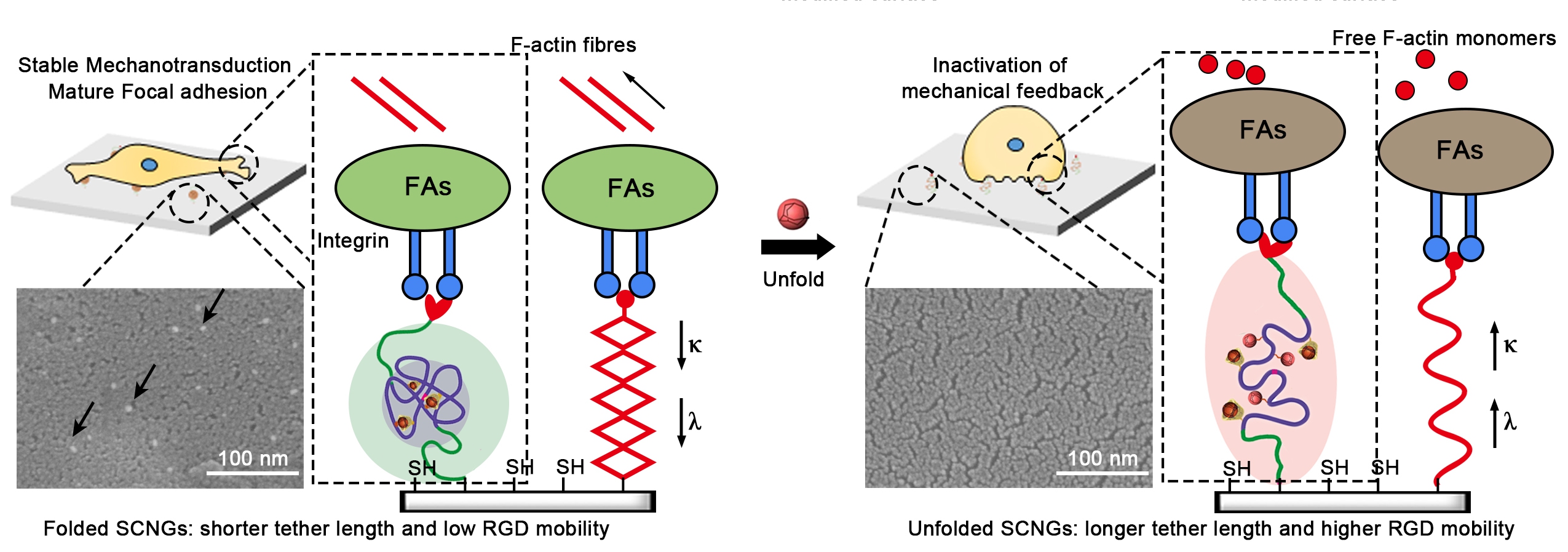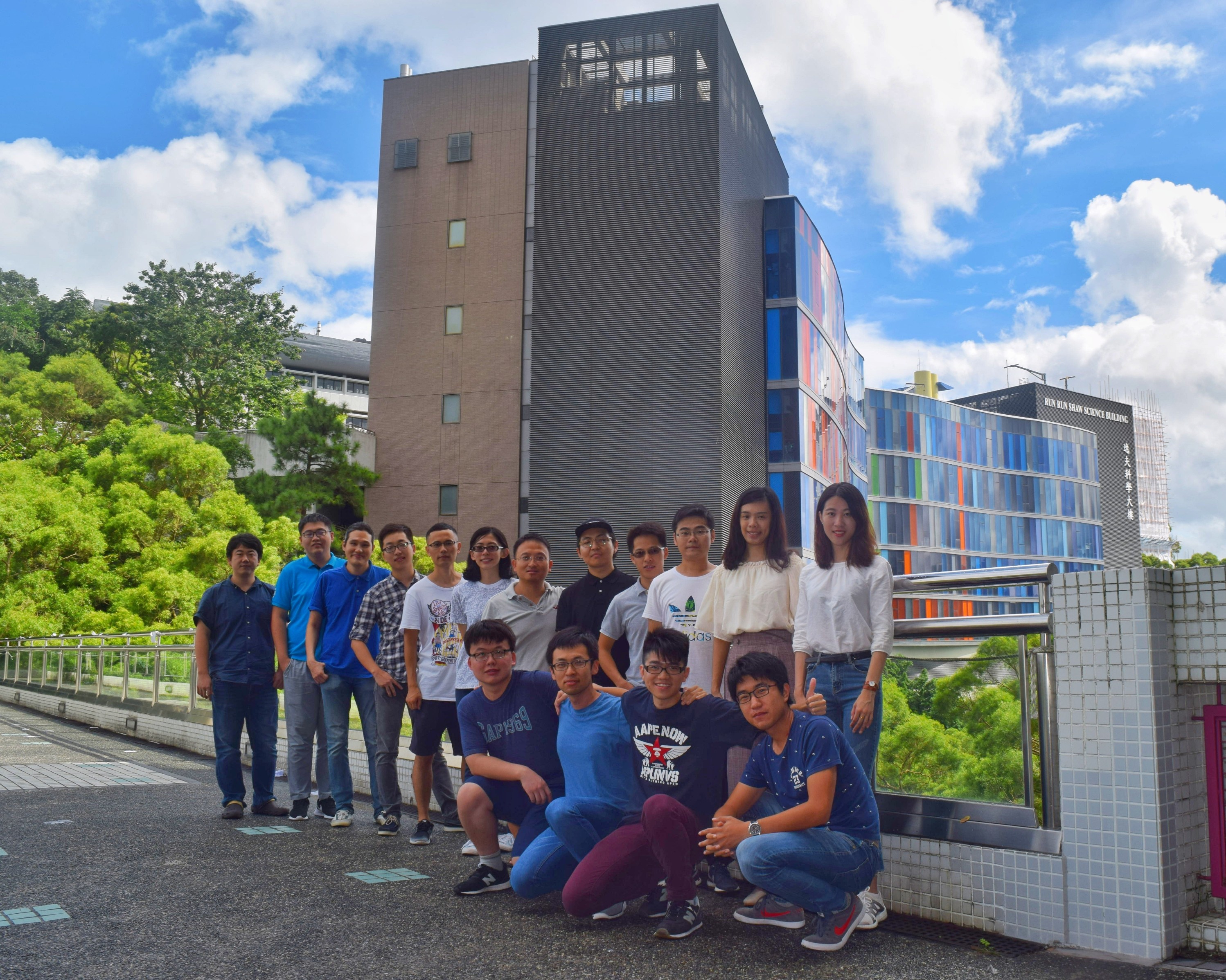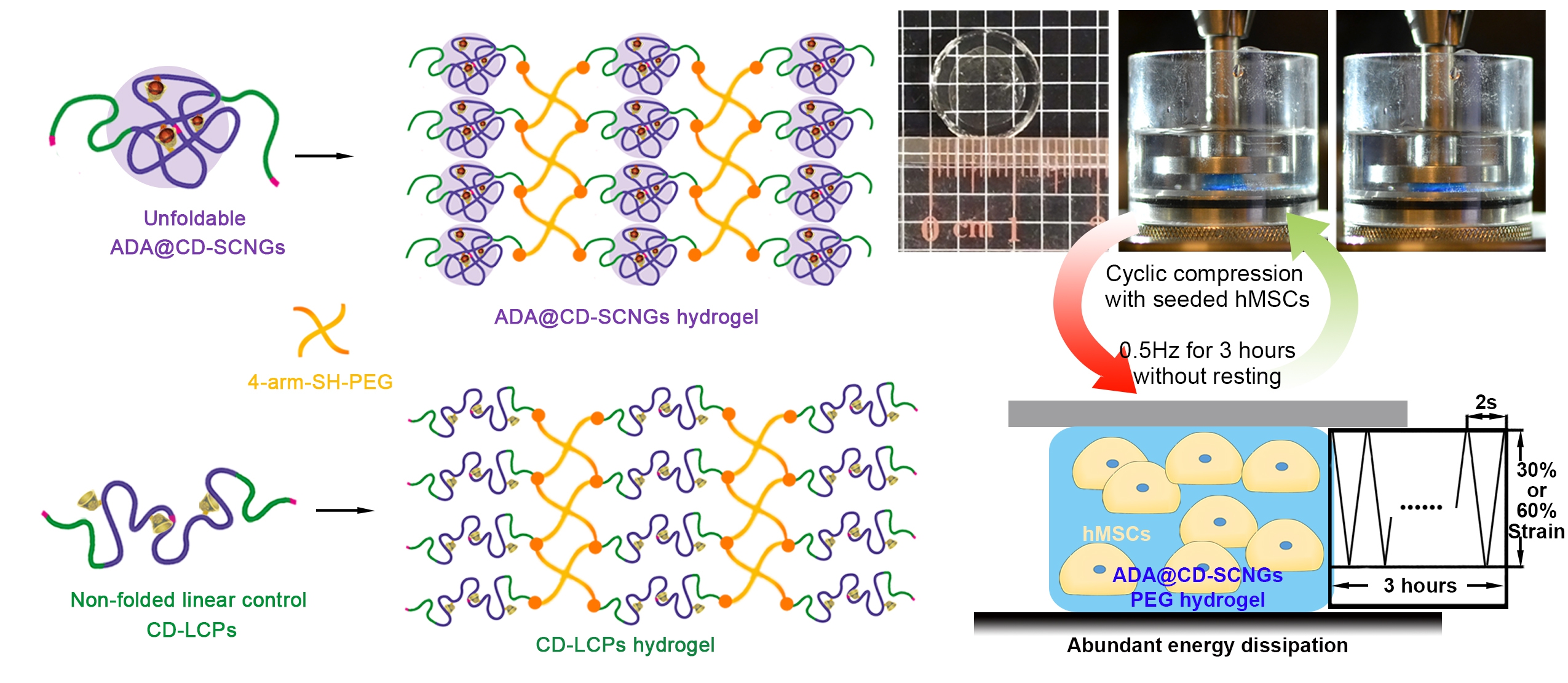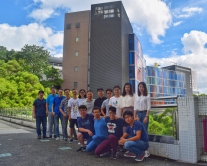CUHK
News Centre
CUHK Research Team Develops a Novel Method for Preparing Single Chain Nano MaterialEnabling Large Scale Production and Translation of Nano Materials for Wide Application
Professor Liming BIAN, Associate Professor of the Department of Biomedical Engineering of The Chinese University of Hong Kong (CUHK) and his research team have recently developed a novel method for preparing single chain nano material which significantly improves the efficiency by a factor of 20 over that of conventional methods. The research team further investigated the impact of the dynamic molecular conformational change in such material on cellular interactions in different biomedical applications at varying scales. This paves the way for the large scale production and translation of single chain nano materials in daily life. The study has been published in the prestigious scientific journal Nature Communications.
The ability to precisely control the structure and the function of synthetic materials has profound significance for many researchers because molecule level designs are critical to regulating the properties and functions of biomaterials at various scales. In conventional methods, single chain polymeric nano particles or nano gels are generally produced under highly dilute conditions or with low monomer conversion rates, which severely hinder the widespread applications of single chain nano objects.
The novel method showcases the wide application of such materials in biomedical engineering. One example is in gene or drug delivery and regulation of stem cells behaviour in nano scale. At the same time, this advanced nano material can realise the effective protection of stem cells and regulation of cell behaviour, which is of great significance in stem cell therapy, stem cell tissue engineering application and scientific research. Professor Bian said, “This research provides a strong basis for designing and applying the new materials in daily activities. The findings enable the large scale production and translation of single chain polymeric nanomaterials, which could only be produced in limited yield by conventional methods in the past, to a wide array of applications such as biomedicine, catalysis, and biosensing. The scale-up prepared single chain polymeric nanomaterials can also be a valuable tool to assist fundamental researches.”
Professor Bian began individual research work in CUHK in 2013. He has been committed to the development of advanced nano materials and hydrogel materials in the area of biomedical applications and gradually established in-depth research, from basic materials science and biomedicine to medical application. Graduate students and post-doctoral researchers supervised by Professor Bian have received many prestigious awards for their excellent research work. The project was supported by the Research Grants Council of Hong Kong, HKSAR Government Food and Health Bureau’s Health and Medical Research Fund, National Science Foundation of China, Innovation and Technology Commission’s Innovation Technology Fund and Chow Yuk Ho Technology Centre for Innovative Medicine.
The mechanism of preparing the single chain nano object: The new approach for scaling up the production of single chain nano gels with over 20-fold increase in efficiency compared with conventional methods.
Single cell nano gels can regulate the functions of stem cells on the surface of biomaterial implants.
Professor Liming Bian (4th from right, back row) from the Department of the Biomedical Engineering, CUHK and his research team.













